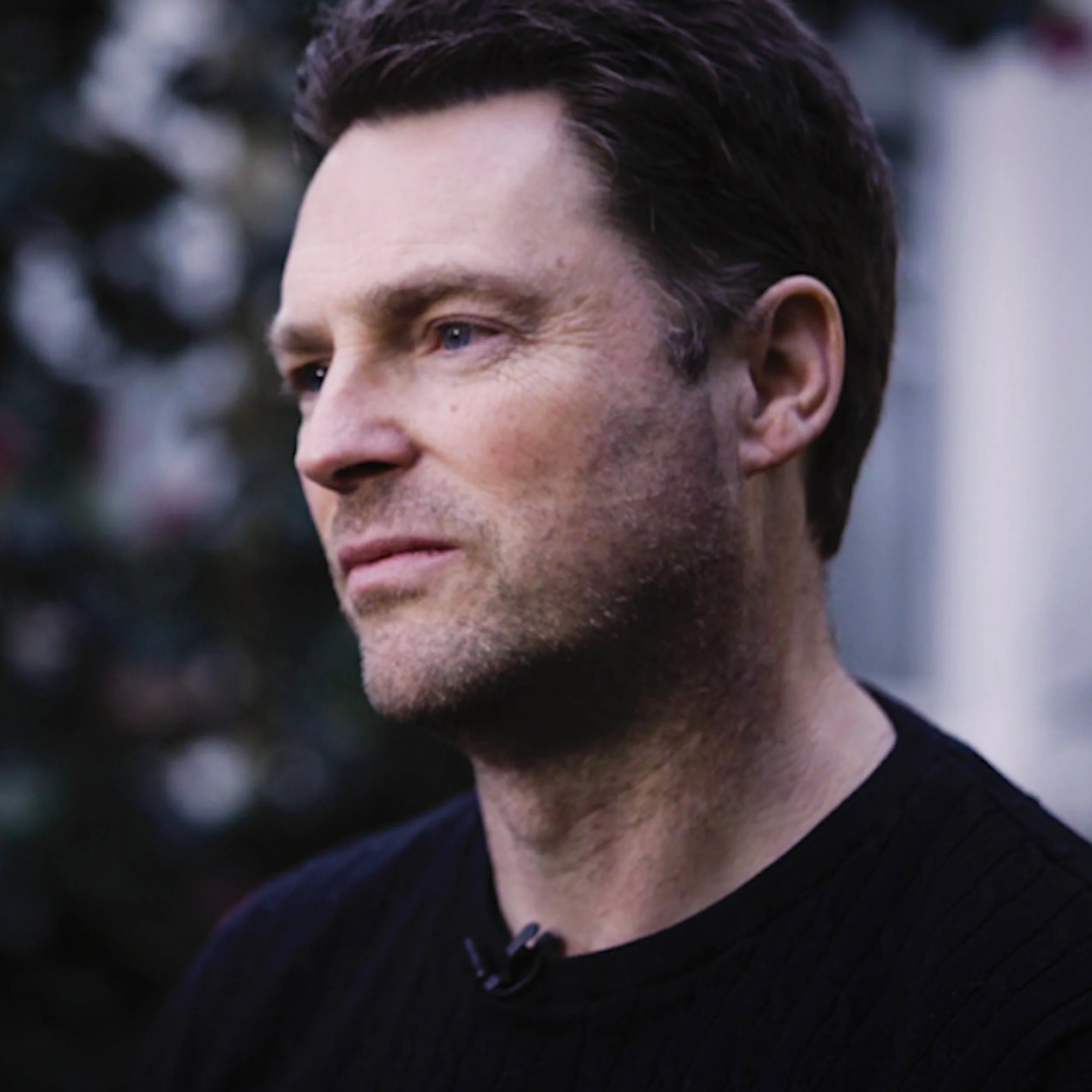Speaking Out of Place: SUSAN ALBUHAWA discusses “Palestine Writes”
/Novelist · Poet · Essayist · Scientist · Mother · Activist
Organizer of “Palestine Writes” · the only North American literature festival celebrating Palestinian Writers & Artists
Founder of the Children’s Organization Playgrounds for Palestine
Palestinians have been facing erasure for decades. There's the physical erasure of our villages, the names of our villages, the erasure of the word Palestine from the map, erasure of our identities. And now there's this kind of colonization of our narratives, of our stories, and our history. And Palestine Writes is part of a counterforce against this new form of colonization. The Zionist colonial narrative has always shifted with shifting wind, depending on what's in vogue at the time. Initially, it was a sort of romantic ending to Europe's genocide of its own Jewish population. And there was this epic myth of "a land without people for a people without land". And of course that was unsustainable.



















